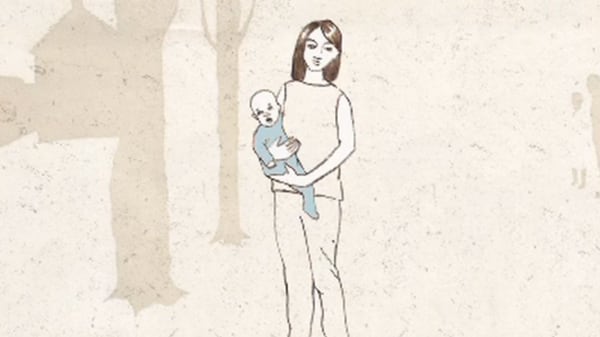Archive
California Police Ignored, Mishandled Sex Assaults Reported By Disabled
California Nightmare
When caretakers preyed on the disabled, the state’s Office of Protective Services failed to live up to its name, reports Ryan Gabrielson of the Center for Investigative Reporting’s California Watch.

Trending Now
Crime & JusticeUnshaven Luigi Mangione Shows Signs of Stress in Court
Crime & JusticeLuigi Mangione Judge Married to Former Healthcare Exec





